Dependability and Data Analytics: A Grand Challenge of Our Times
Link to join Online: https://us06web.zoom.us/j/84465895149?pwd=V7KHOrPRuZZi94nW0GCt2nqmtEeOqe.1
Meeting ID: 844 6589 5149 | Passcode: 423204
I will provide enough background and intuition in the talk, so that it is accessible to a broad CS audience.
We live in a data-driven world as we have been realizing for some time. Everything is generating data, in volumes and at high rates, from the sensors embedded in our physical spaces to the large number of machines in data centers being monitored for a variety of metrics. The question that I pose in this talk is:
Can all this data be utilized for improving the dependability of our computing systems?
Dependability is the property that a computing system continues to provide its functionality despite the introduction of faults, either accidental faults (design defects, environmental effects, etc.) or maliciously introduced faults (security attacks, external or internal). We have been addressing the dependability challenge through large-scale data analytics applied end-to-end from the small (networked embedded systems, mobile and wearable devices) [e.g., Mobisys-25, Security & Privacy-24, CVPR-24, 23, 22, TODAES-23, Eurosys-22, NeurIPS-20, Sensys-20, UsenixSec-20] to the large (edge and cloud systems, distributed machine learning clusters) [e.g., CCS-24, Security & Privacy-24, ICLR-24, Middleware-23, OSDI-22, Sigmetrics-22, NeurIPS-22, UsenixATC-21]. In this talk, I will first give a high-level view of how data analytics has been brought to bear on dependability challenges, and key insights and achievements from our technical community. Then I will provide details of four projects where we design systems from the small to the large, to meet dependability and performance requirements, using data-driven decisions.
For the detailed part, I will discuss the following projects: (I) Small: Streaming analytics on mobile and embedded devices; (II) Small: Sensor-edge-cloud continuum; (III) Small-to-Medium: Secure decentralized learning; (IV) Large: ML workflows on serverless computing.
Speaker Biography
Dr. Saurabh Bagchi is a Professor in the School of Electrical and Computer Engineering and the Department of Computer Science at Purdue University in West Lafayette, Indiana. His research interest is in dependable computing and distributed systems. He is the Director of the NSF Center CHORUS (2024-ongoing) and of the Army’s Artificial Intelligence Innovation Institute (A2I2) (2020-ongoing). He was selected to the International Federation for Information Processing (IFIP) (2020) and is a Fellow of the Institute of Engineering and Technology (IET) (2022). Saurabh serves on the Board of Governors of the IEEE Computer Society and is the Co-founder of a cloud computing startup, KeyByte.
Saurabh is proudest of the 25 PhD students and 50 Masters thesis students who have graduated from his research group and who are in various stages of building wonderful careers in industry or academia. In his group, he and his students have way too much fun building and breaking real systems. Along the way this has led to 13 best paper awards or runners-up awards at IEEE/ACM conferences and a Test of Time Award. Saurabh received his MS and PhD degrees from the University of Illinois at Urbana-Champaign and his BS degree from the Indian Institute of Technology Kharagpur, all in Computer Science.
Host: Prof. Mythili Vutukuru

